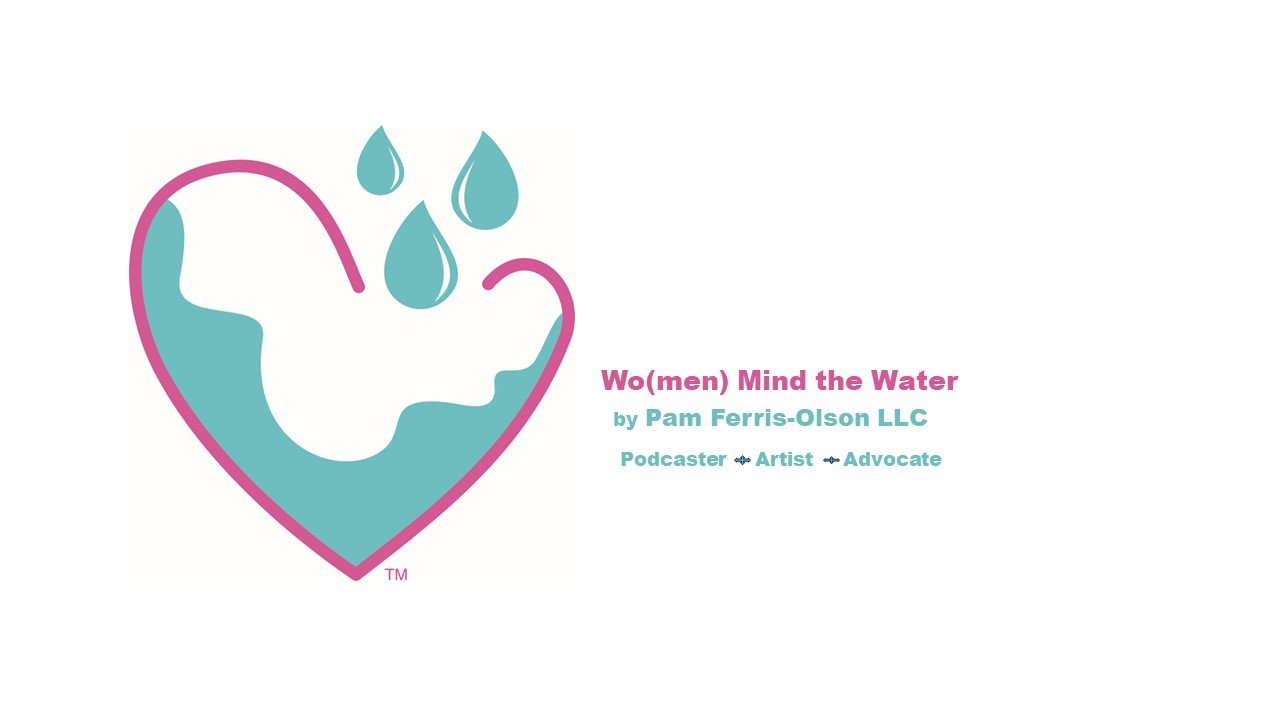News for the First Week in July
It’s live! The podcast interview between Katt Andryskova (Ocean Pancake) in Western Australia and Pam Ferris-Olson (Women Mind the Water) in Maine, roughly 11,600 miles apart, is now available on Sound Cloud. Thanks to Katt for the invitation to talk about how Women Mind the Water uses stories to protect the ocean. Women Mind the Water’s next podcast collaboration is with Jill Corey, host of Water Women. This collaboration is a bit closer to home as Jill is located in New Brunswick, Canada. Jill has assembled more than 70 interviews with women from across the globe to talk about their ocean-related work. I am grateful that soon I will be added to her roster of researchers, artists, sea farmers, and more. prof and appreciating that wonder
The latest artist on our podcast is Washington, D.C.-based visual artist and print maker Ruth Trevarrow. Ruth talks about her process of selecting and creating designs to create prints. She also discusses her latest project, a four image set for the Potomac Conservancy and specifically a wood carving for her shad print. Women Mind the Water posted Ruth’s shad print on Instagram and received a tremendous positive response! Next up will be a discussion with ecological artist Krisanne Baker. Her personal concern is with unsustainable practices and their impacts on water. Soon will be podcasts with a filmmaker who features Maine’s women surfers and a conceptual artist who follows plastic trash around the globe and makes installations from the collected waste. There are plenty of great stories in the pipelines so STAY TUNED.
You may not see it YET but Women Mind the Water is hard at work streamlining and re-envisioning the website. Navigation will be simpler and pages will be more visually pleasing. We’ll unveil in phases with the new Home page coming soon.
Finally, I’d like to respond to Katt Andryskova’s question, one she asked me on her Ocean Pancake podcast. Katt asked why the Gulf of Maine is warming faster than 99% of the rest of the oceans. I researched this and found, as with most things, the answer is complicated. However, the main reasons involve melting arctic ice (i.e., global warming), the shape of the Gulf and its shallow depth. If you’d like a more detailed answer check out this article in Eos
As always, we appreciate your interest in Women Mind the Water. Please let us know how we’re doing and contact us with questions or suggestions.


